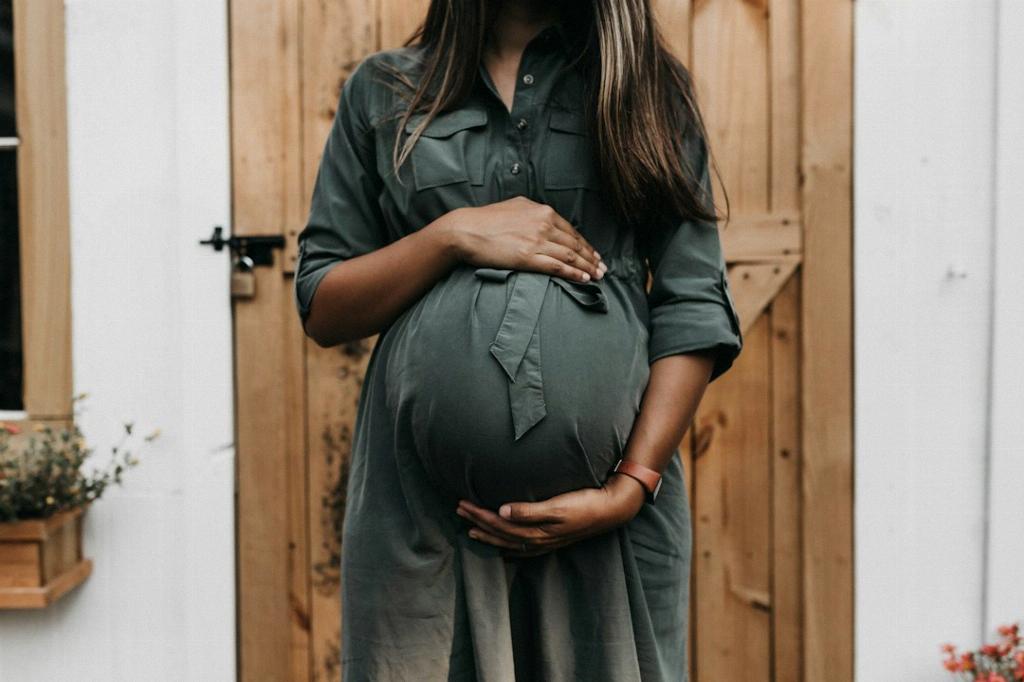When it comes to managing and documenting medical conditions, healthcare professionals rely on the International Classification of Diseases, Tenth Revision (ICD-10) codes. One common concern that may require precise coding is the care for recurrent pregnancy loss, also known as habitual abortion or recurrent miscarriage.
For healthcare providers dealing with patients experiencing recurrent pregnancy loss, the specific ICD-10 code to denote this condition is crucial for accurate record-keeping and billing purposes. The ICD-10 code assigned to care for recurrent pregnancy loss is O26.20.
The ICD-10-CM Diagnosis Code O26.20 signifies “Pregnancy care for patient with recurrent pregnancy loss, unspecified trimester.” This code is used to document the provision of care for a pregnant individual who has a history of repeated miscarriages, but where the specific trimester of the loss is unspecified.
Ensuring that the correct ICD-10 code is assigned for care related to recurrent pregnancy loss is essential for proper tracking of patient history, treatment plans, and outcomes. It aids in facilitating communication among healthcare team members and provides a standardized method for reporting data related to this condition.
Recurrent pregnancy loss can be a challenging and emotionally distressing experience for individuals and families. By using the appropriate ICD-10 code, healthcare providers can demonstrate sensitivity and understanding towards patients undergoing such difficulties while maintaining professional and accurate medical records.
Additionally, the precise documentation of care for recurrent pregnancy loss through the ICD-10 code O26.20 can help researchers and public health officials in analyzing trends, outcomes, and potential risk factors associated with this condition. This data can contribute to the development of improved strategies for prevention and management.
It is important for healthcare professionals to stay updated on coding guidelines and updates related to recurrent pregnancy loss and other obstetric conditions to ensure compliance with regulatory requirements and prevent any coding errors that could impact patient care and reimbursement.
By accurately assigning the ICD-10 code O26.20 for care for recurrent pregnancy loss, healthcare providers can support continuity of care for affected patients, collaborate effectively with other members of the healthcare team, and provide a comprehensive and holistic approach to managing this complex reproductive health issue.
Patients experiencing recurrent pregnancy loss often require specialized care, including thorough evaluation, counseling, and emotional support. Proper documentation using the ICD-10 code O26.20 allows healthcare providers to tailor treatment plans according to individual patient needs and promote optimal outcomes.
Healthcare professionals should maintain open communication with patients regarding the use of ICD-10 codes and the significance of documenting care for recurrent pregnancy loss accurately. This transparency can foster trust and collaboration between providers and patients, leading to better care experiences and outcomes.
While the ICD-10 code O26.20 serves as a specific identifier for care related to recurrent pregnancy loss, it is essential for healthcare providers to approach each patient with empathy, compassion, and respect. Understanding the emotional impact of recurrent miscarriage is key to providing comprehensive and patient-centered care.
In conclusion, the ICD-10 code O26.20 plays a vital role in documenting and managing care for recurrent pregnancy loss within the healthcare setting. By utilizing this code accurately and sensitively, healthcare providers can contribute to improved patient outcomes, enhanced data collection, and better understanding of this reproductive health issue.

